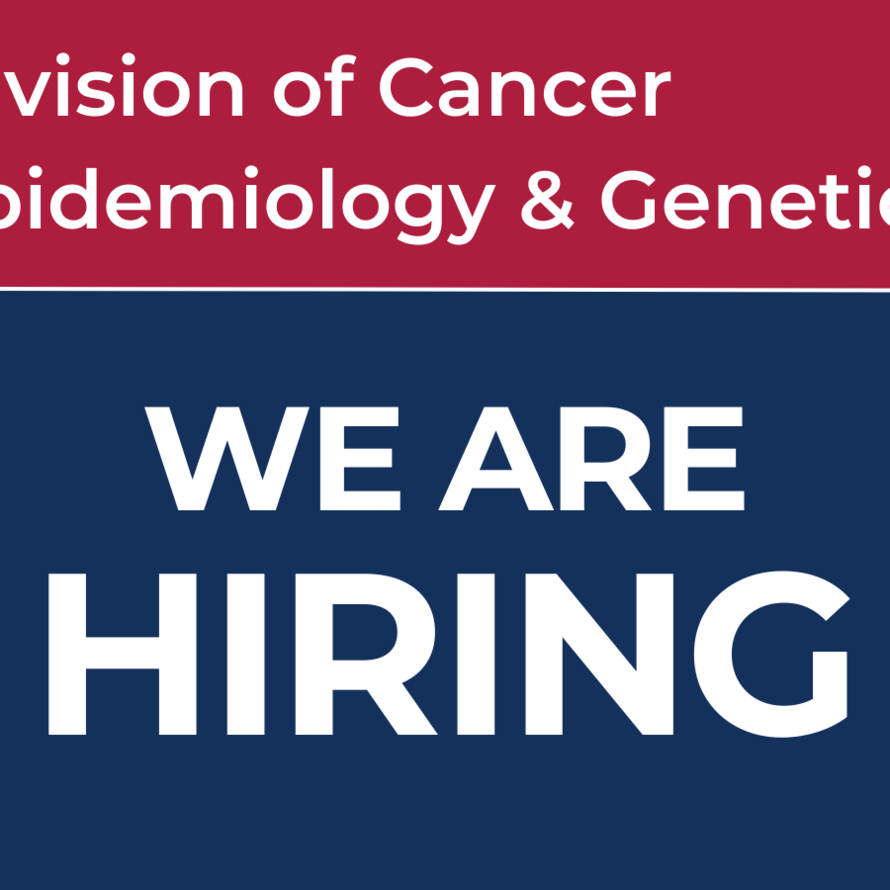Trans-Divisional Research Program
The Trans-Divisional Research Program (TDRP) conducts and facilitates collaborative research in cancer epidemiology, genetics, and prevention across DCEG. The program accomplishes its mission by:
- Supporting interdisciplinary working groups to facilitate research across divisions
- Identifying new research opportunities for multi-disciplinary collaborations
- Coordinating the Connect for Cancer Prevention study
- Building collaborative data platforms and tools for large-scale epidemiological research using FAIR principles
- Coordinating task forces in order to facilitate implementation of the DCEG strategic plan
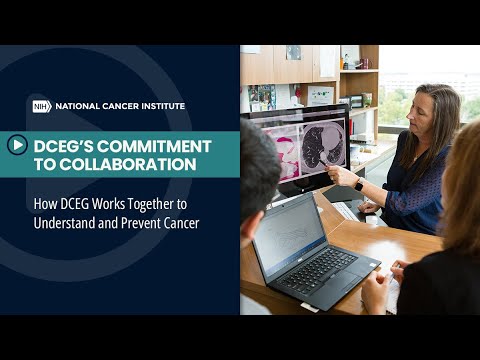
DCEG's Commitment to Collaboration
TDRP Scientific Staff
-
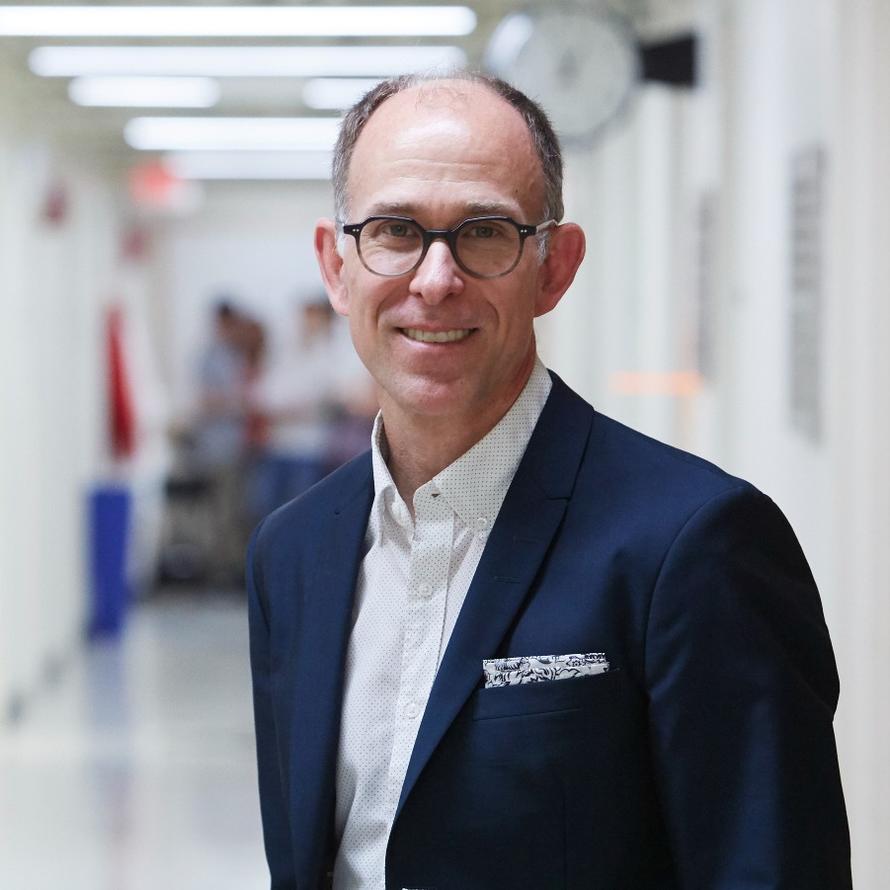 Peter Kraft, Ph.D.
Peter Kraft, Ph.D.Dr. Kraft is an internationally recognized leader in both biostatistics and the genetic epidemiology of cancer.
-
 Jonas S. Almeida, Ph.D.
Jonas S. Almeida, Ph.D.Dr. Almeida combines systems biology, computational statistics, and software engineering for biomedical applications.
-
 Mia M. Gaudet, Ph.D.
Mia M. Gaudet, Ph.D.Dr. Gaudet is the senior scientist for the Connect for Cancer Prevention Cohort study.
-
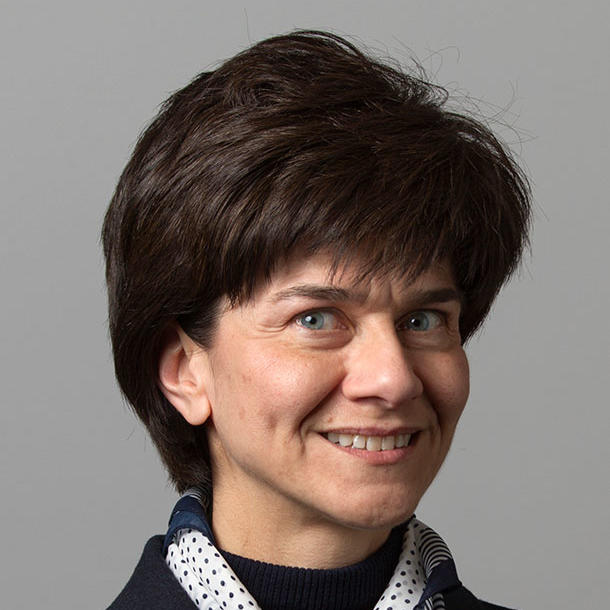 Maria Teresa Landi, M.D., Ph.D.
Maria Teresa Landi, M.D., Ph.D.Dr. Landi leads research projects primarily on the genetic and environmental determinants of lung cancer and melanoma.
-
 Rebecca J. Troisi, Sc.D., M.A.
Rebecca J. Troisi, Sc.D., M.A.Dr. Troisi investigates hormonal etiologies of reproductive cancers and the role of maternal, gestational, neonatal, and early life factors in breast cancer risk
Research and Responsibility Areas
-
 Connect for Cancer Prevention Study
Connect for Cancer Prevention StudyThe Connect study is a prospective cohort designed to further investigate etiology of cancer, outcomes.
-
 Data Science & Engineering Research Group
Data Science & Engineering Research GroupData Science & Engineering Research Group seeks to advance research and infrastructure for data-intensive precision prevention studies
Become a Fellow in TDRP
Branches and Laboratories
-
 Biostatistics Branch (BB)
Biostatistics Branch (BB)BB: Developing quantitative methods and tools for cancer research
-
 Clinical Genetics Branch
Clinical Genetics BranchStudying individuals and populations at high genetic risk of cancer to uncover etiology and advance clinical care
-
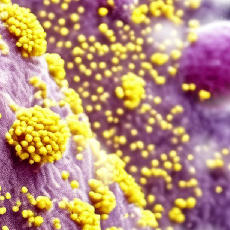 Infections and Immunoepidemiology Branch in DCEG
Infections and Immunoepidemiology Branch in DCEGStudying how infections, immunity, and inflammation relate to cancer risk.
-
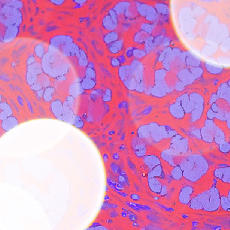 Integrative Tumor Epidemiology Branch
Integrative Tumor Epidemiology BranchInvestigators in ITEB investigate cancer etiology and progression through large-scale, integrative analyses of risk factors and tissue profiling to inform prevention and clinical strategies.
-
 The Laboratory of Translational Genomics in DCEG
The Laboratory of Translational Genomics in DCEGStudying germline and somatic genetics of cancer and conducting analyses on regions of the genome conclusively linked with cancer
-
 The Metabolic Epidemiology Branch in DCEG
The Metabolic Epidemiology Branch in DCEGDefining the relationships between diet, energy balance, hormones, tobacco, and cancer
-
 The Occupational and Environmental Epidemiology Branch in DCEG
The Occupational and Environmental Epidemiology Branch in DCEGIdentifying workplace and environmental exposures associated with cancer risk
-
 The Radiation Epidemiology Branch in DCEG
The Radiation Epidemiology Branch in DCEGUnderstanding the link between radiation exposure and cancer

